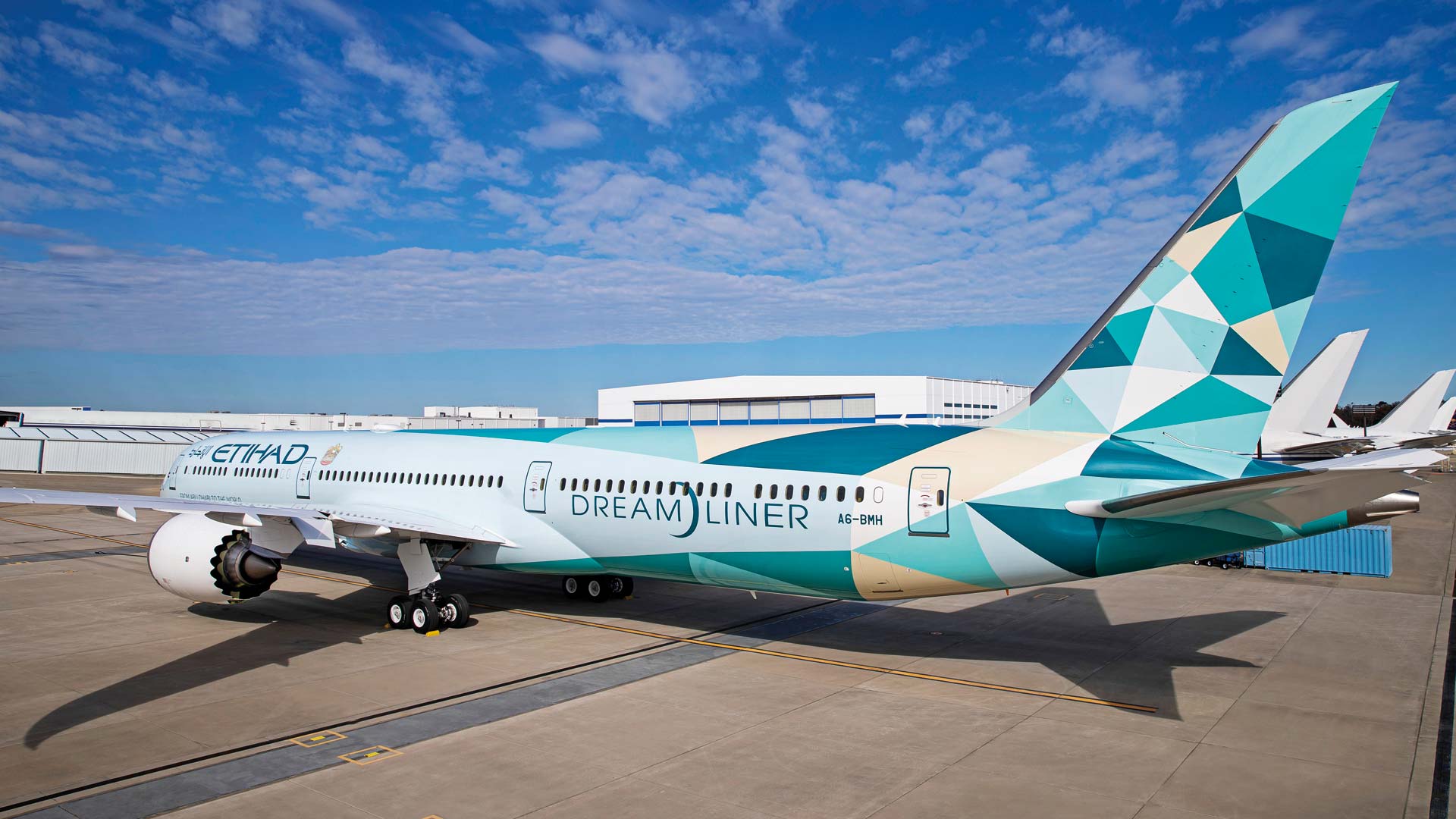Etihad has signed a Memorandum of Understanding with Cepsa, a Mubadala group company to accelerate the decarbonisation of air transport by researching and producing sustainable aviation fuels (SAF). As a part of the contract, both companies will work on the development of new energy alternatives such as renewable hydrogen, and the electrification of Etihad’s ground fleets, which include supply vehicles, baggage loading, and unloading operations, and aircraft assistance.
Maarten Wetselaar, CEO of Cepsa, said: "Decarbonising air transport is one of the major challenges of our times and Cepsa is committed to playing a critical role in meeting that challenge alongside important partners like Etihad. Partnerships like the one signed today reinforce our determination to transform air travel into a more sustainable mode of transport."
Adam Boukadida, Chief Financial Officer, of Etihad Aviation Group, said: “Our MoU with Cepsa allows us to tackle the first challenge, building demand for SAF, which in turn encourages further production and increases availability to eventually lowers costs and enables further SAF uptake from the wider industry. It is a snowball effect, which is essential if we are to overcome the main challenges standing in the way of a commercially viable solution.”
The MoU is in line with the European Commission's Fit for 55 packages, which includes a legislative initiative called 'RefuelEU Aviation’ that aims to boost the supply and demand of aviation biofuels in the European Union to 2% use by 2025, 5% by 2030 and 63% by 2050.

